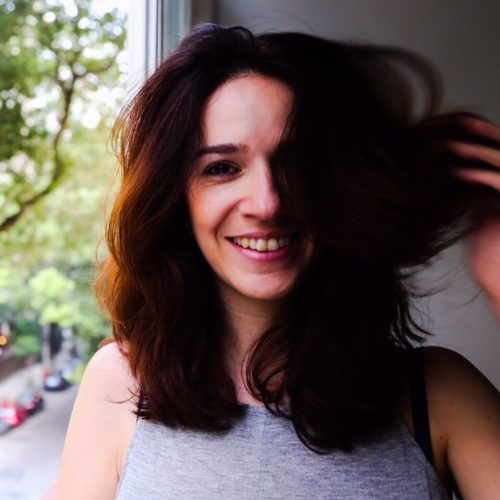Renowned for her remarkable musicality, transparency, and the spontaneity of her interpretations, Brazilian pianist Erika Ribeiro is a truly 21st-century artist always on the search for new performance
approaches, and combining diverse styles in her playing and programming.
What's an emerging opportunity that can be developed in the classical music performance world / how can classical music expand its impact in the present moment?
We live on a delicate moment where a deep reflection on how to develop and pursue new paths by humanity is absolutely necessary. That classical music allows us on this deepening is widely commented, however, in fact, the present time requires a bold approach that brings people closer to our so valuable repertoire and content.
In that sense, opportunities that have a visual content (including visual arts, literature, theater, etc) with a kind of communication related to the music may be welcome. The challenge is how to combine such arts with the performance of classical music enabling new formats that are interesting to the audience and that can actually improve their own nature.
How does your own artistic work reflect the values of the AVANT initiative in general, and/or the IMPACT PERFORMANCE competition in particular?
In my work I always have a great concern on how to be connected with the audience. It bothers me when sometimes this doesn’t happen in more traditional initiatives or in the traditional classical music format. Because of that, I have been involved in new enterprises that explore this connection, and make sure it happens first, always trying to truly analyze what’s been said instead of what we were supposed be doing
on a more traditional way of performance.
What could leaders of the classical music sector prioritize, to empower artists to achieve their visions?
The role of leaders is of great importance so that new artistic initiatives are carried out in an orderly manner. Therefore, this requires them to be up to date and mainly open to new ideas. It is also important that they think about music in a more inclusive way than before, both in repertoire and in the search for new audiences – and therefore opening up new ways of communicating with it.
